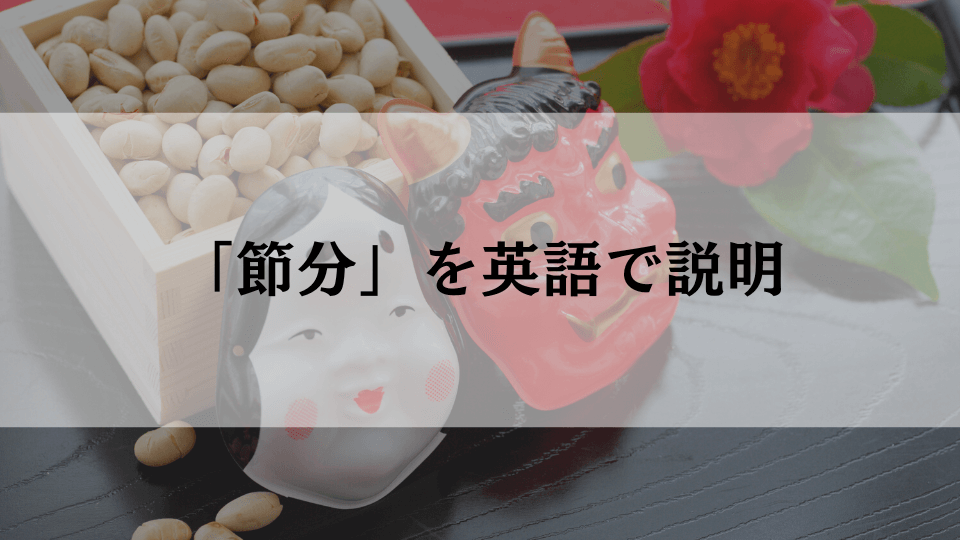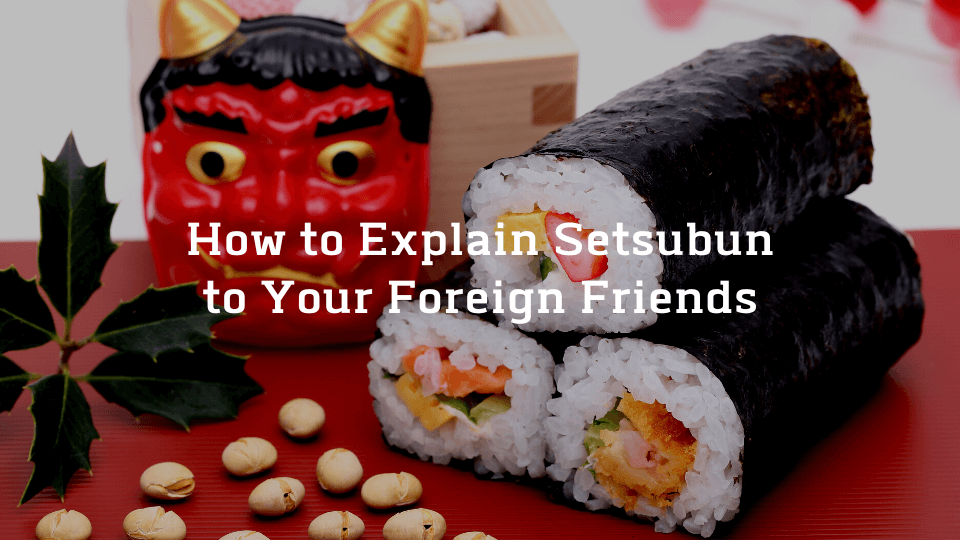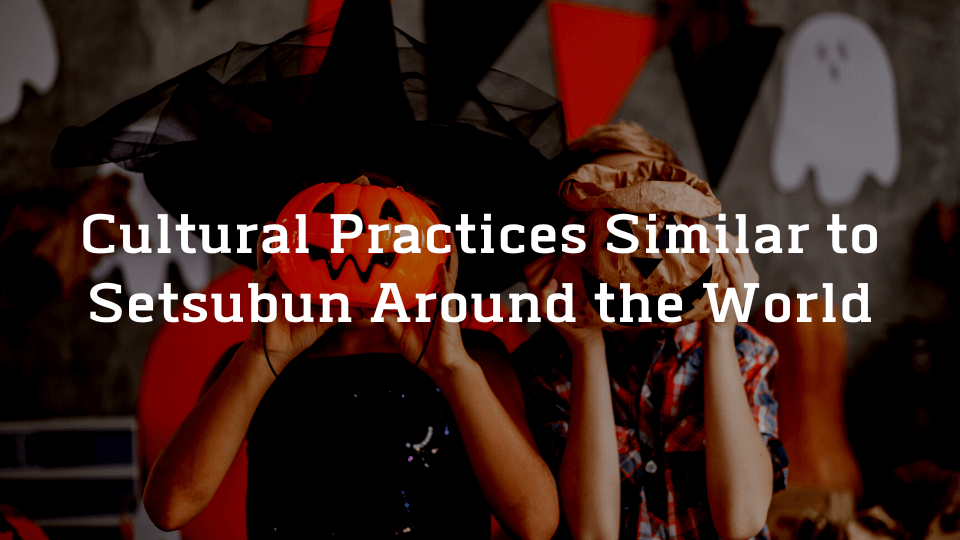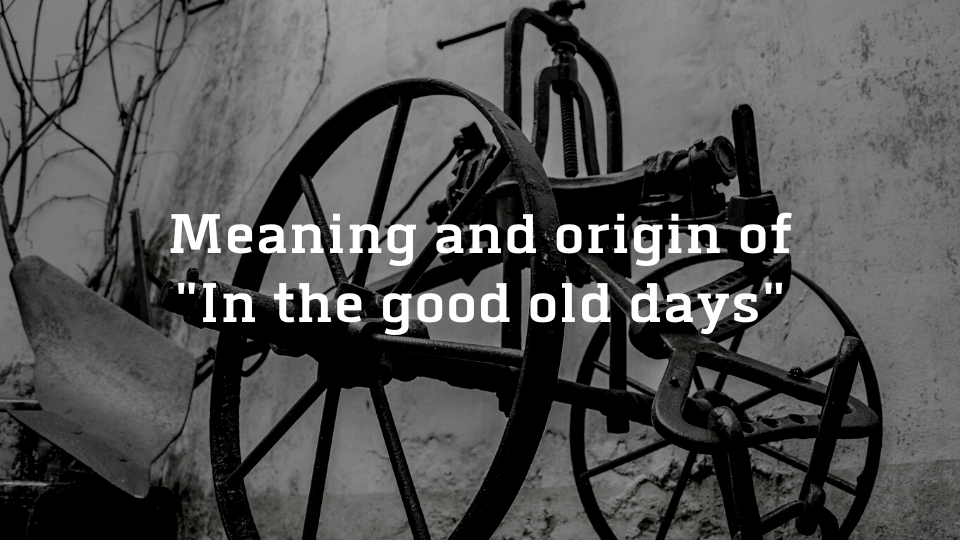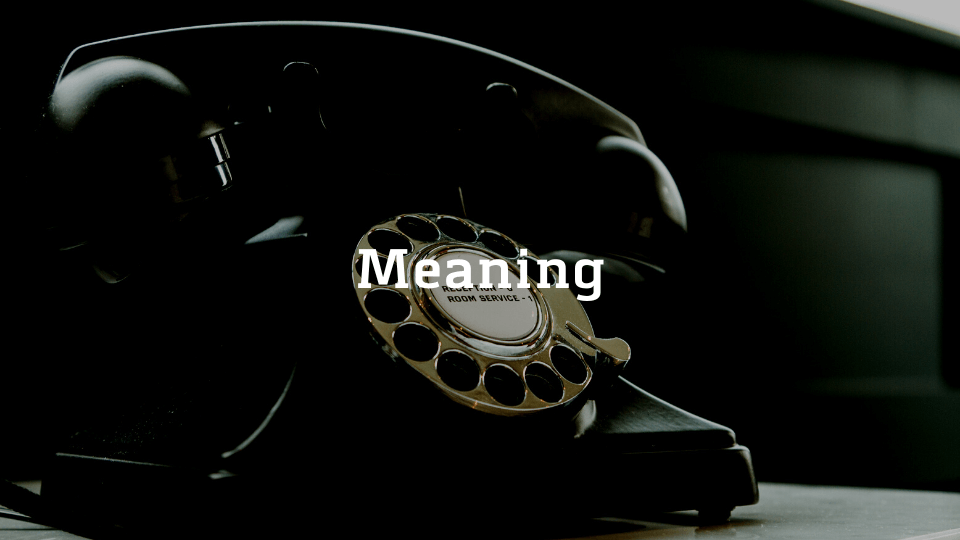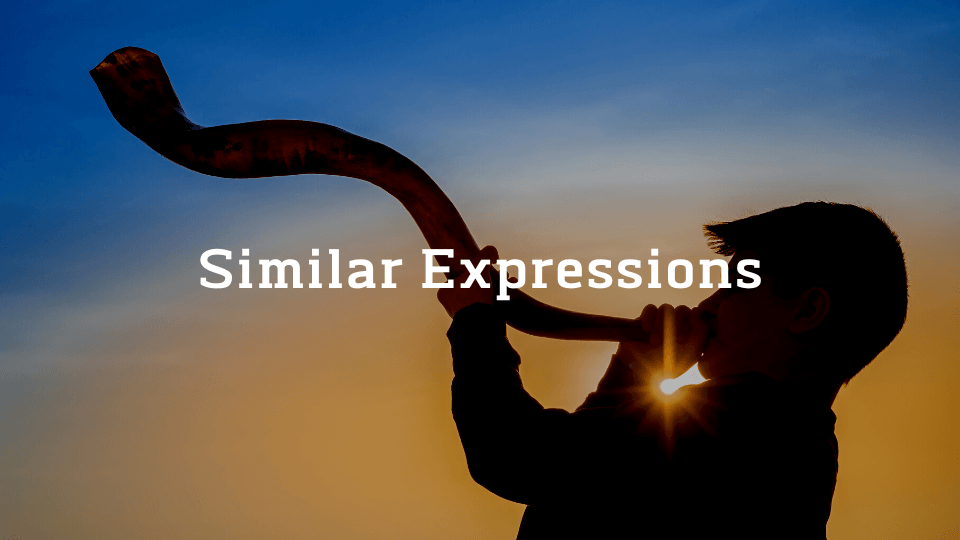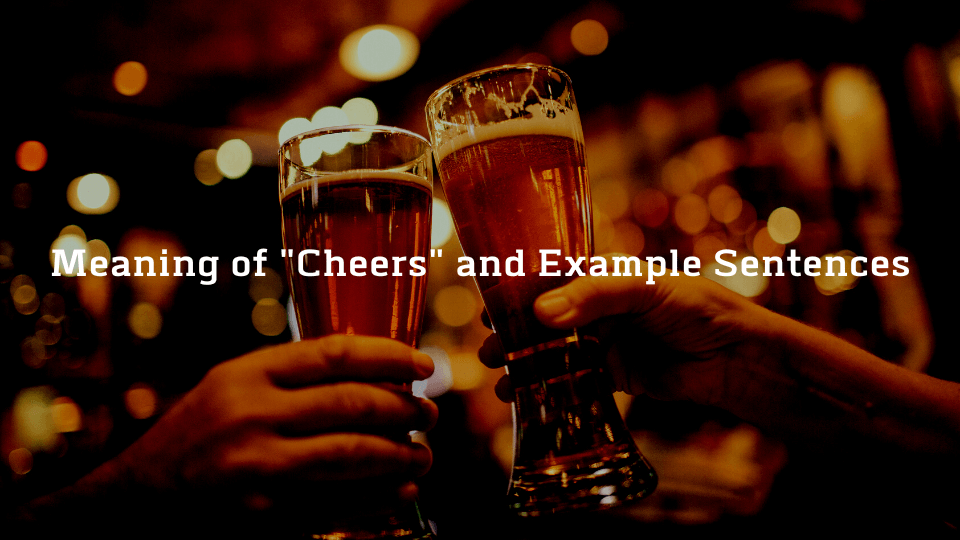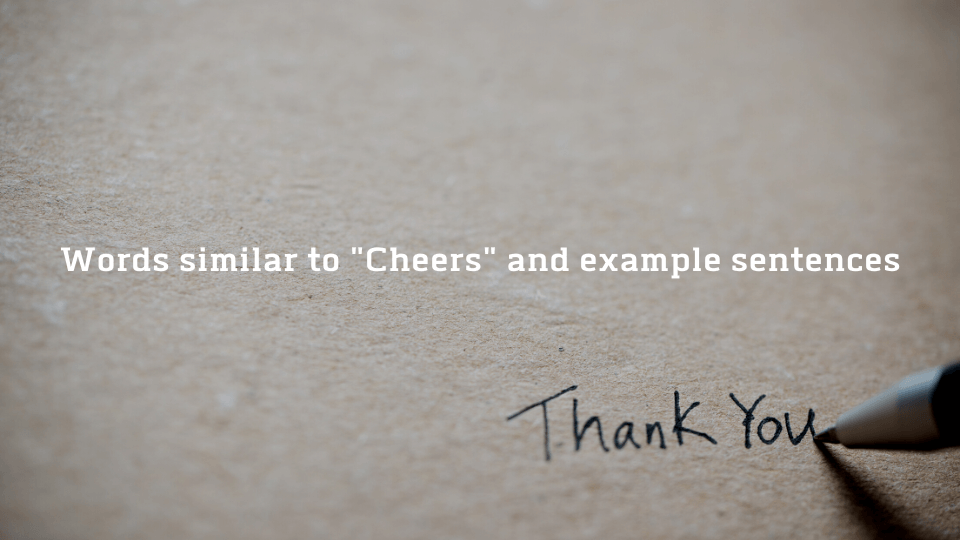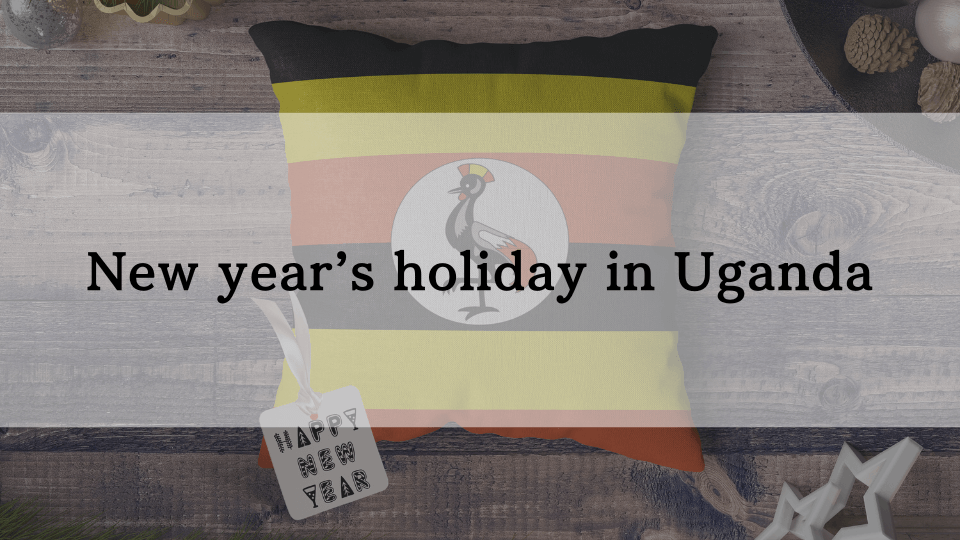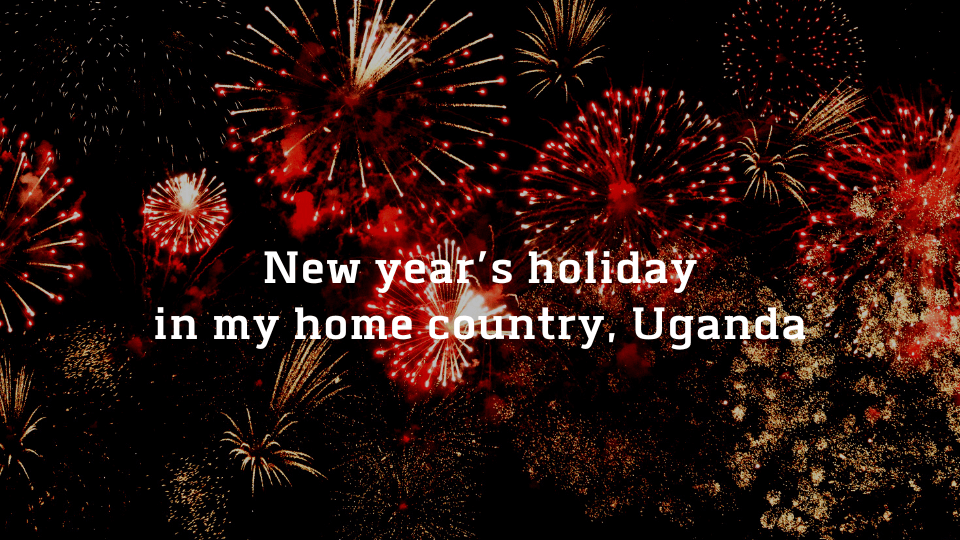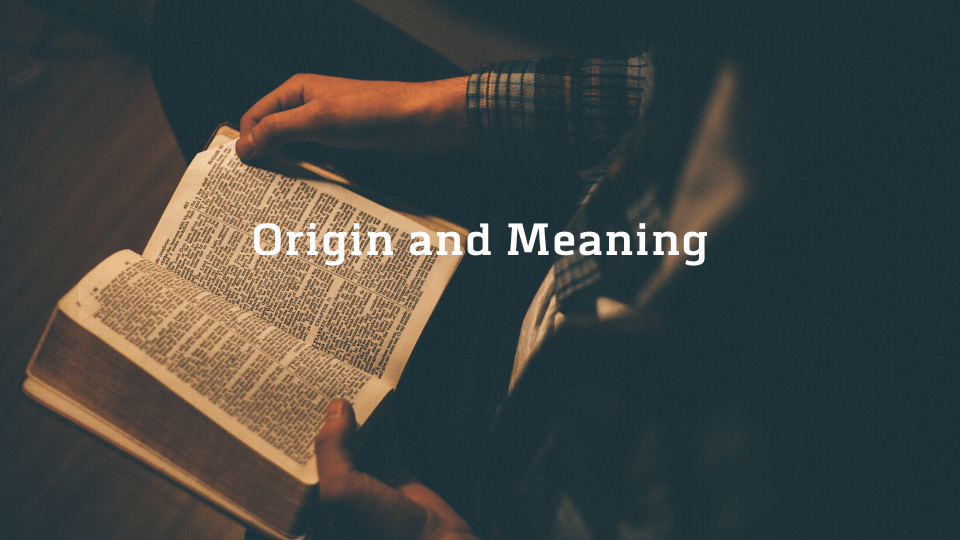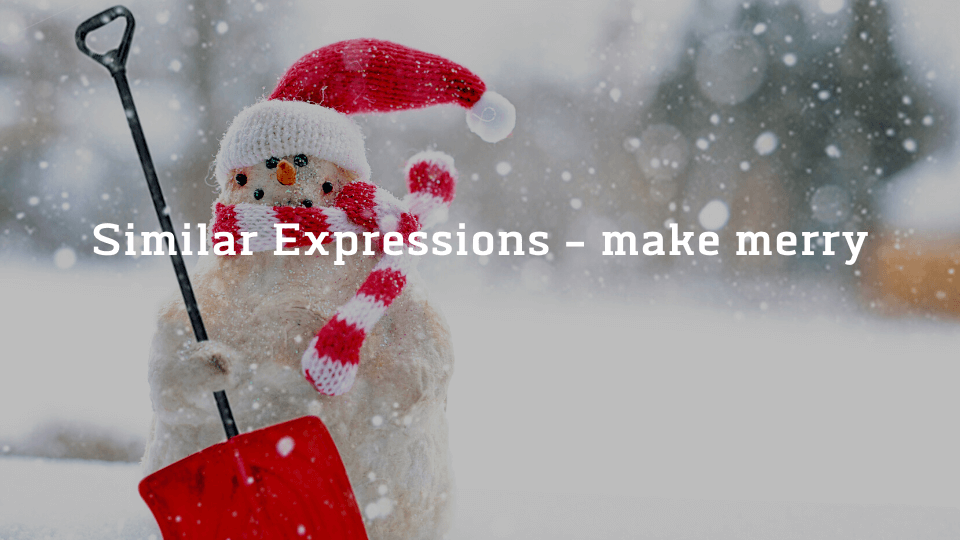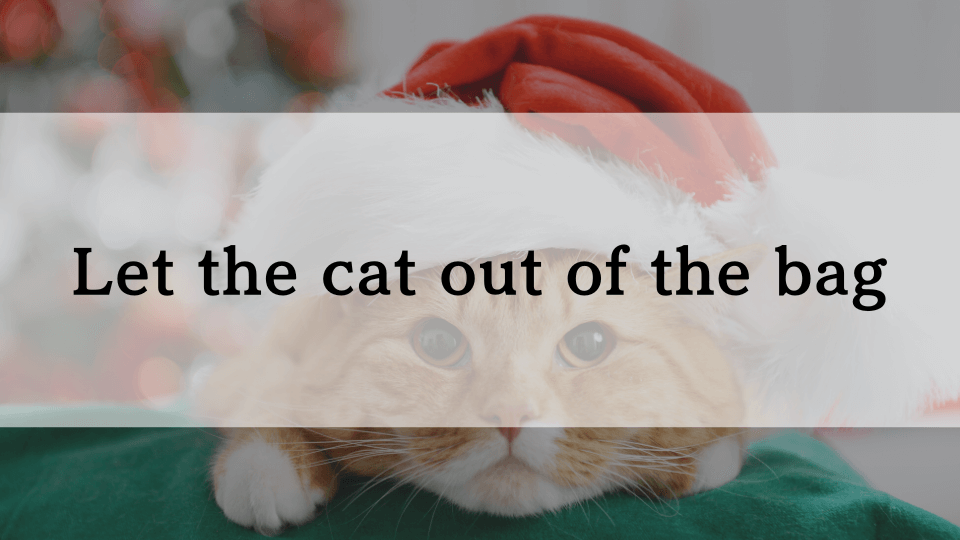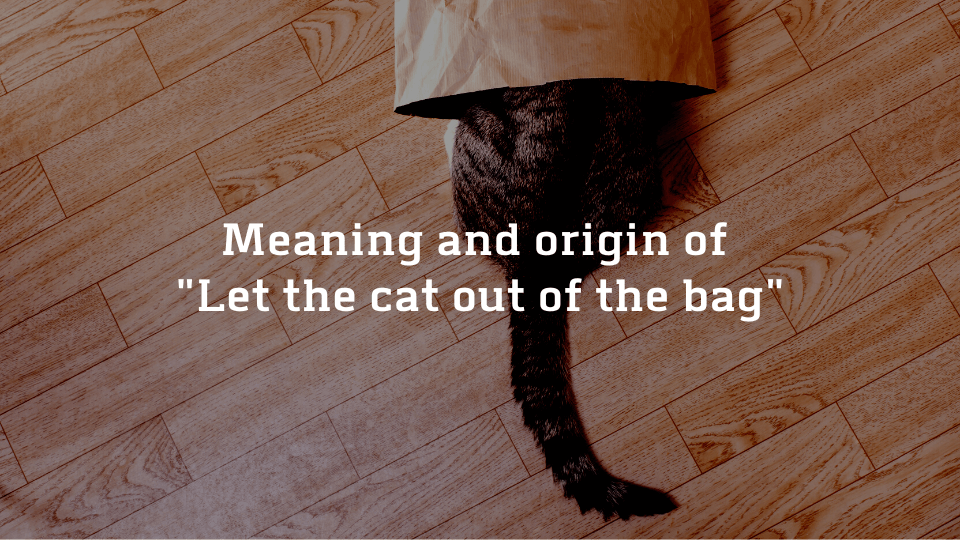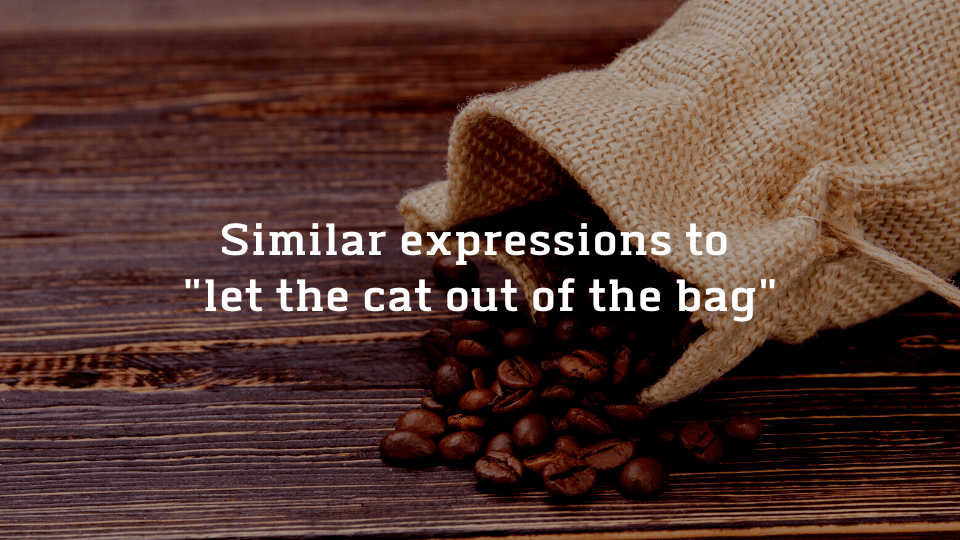【講師ロビン (ブログ初投稿!)】
今週は、「節分」の魅力的な世界に飛び込み、日本でのその文化的および精神的な重要性に焦点を当てたいと思います。
「節分」は、春の到来を告げる華やかな日本のお祝いです。
鬼を追い払うために豆まきをしたり、美味しい恵方巻きをがっつり食べたり、豆をつまんだりと、「節分」は日本の伝統や、人々が大事にしている考え方をお祝いする行事です。
英語で「節分」を説明する方法
英語で「節分」を説明する際に使える例文をご紹介します。
まず初めに、「節分」がいつ祝われるかから説明することができます。
On February 3rd, the day before the first day of spring on the old Japanese calendar, people take part in the playful ritual known as Mamemaki, or “bean-scattering” in English. By throwing roasted soybeans both inside and outside of our homes, we ensure a prosperous year ahead.
(2月3日、旧暦の春の最初の日(立春)の前日に、人々は「豆まき」として知られる、遊び心あふれる儀式を行います。英語で豆まきは「bean-scattering」と言うことができます。家の中と外の両方に炒った豆を投げることで、良い一年になるようにします。)
次に、豆まきに関連するフレーズを説明することができます。
“Oni wa soto, fuku wa uchi,” translates to “Out with the demons, in with good luck.” Saying this while throwing beans is sort of like Harry Potter casting a spell. On top of this, it’s also considered good luck to snack on a few of these beans!
(「鬼は外、福は内」という言葉は、「鬼を追い払い、福を内に」と訳されます。豆を投げながらこの言葉を言うのは、ハリー・ポッターが呪文を唱えるようなものです。さらに、これらの豆を少し食べることも幸運とされています!)
次に、食べ物について説明すると良いでしょう。
Setsubun is celebrated by eating ehomaki, a special sushi roll literally translating into “Lucky Direction Roll.” There’s a catch to this as well. When eating an ehomaki, one must be silent, and the sushi roll must be eaten facing the “lucky direction” of said year. This is determined by the old Japanese Zodiac calender. Ehomaki and mame aren’t just delicious, they also ensure we’ll have a lucky year to come. When explaining Setsubun to foreigners, make sure to emphasize the fun and symbolic nature of these practices.
(節分は、「恵方巻き」と呼ばれる特別な巻き寿司を食べることで祝われます。英語では文字通り「Lucky Direction Roll」と言うことができます。これにもルールがあります。恵方巻きを食べる際には、無言であり、その年の幸運の方角を向いて食べなければなりません。その方角は日本の伝統的な干支によって決められます。「恵方巻き」と「豆」はただ美味しいだけでなく、私たちに幸運な年をもたらします。)
外国の方に「節分」を英語で説明する際には、これらの習慣の楽しさと象徴的な性質を強調してくださいね。
「節分」に似た世界の文化的な習慣
アメリカには「節分」と同等のものはありませんが、世界中の多くの文化には、悪いものを払いのけて良いものをを迎えるための似たような習慣があります。
例えばスペインでは、魂を浄化し清めるためにかがり火を飛び越えて「サン・フアンの夜」を祝います。
中国では、春節に有名な獅子舞が行われ、悪霊を追い払うと信じられています。
アメリカで考えられる最も近いものはハロウィンです。
通常、ハロウィンを仮装をして「トリック・オア・トリート」と言ってお菓子をもらう行事を思い浮かべますが、元々は悪霊を払う手段として始まりました。
私たちが不気味な仮装をすることで、もし邪悪な精霊や、日本の「鬼」が太平洋を越えてきたとしても、それを追い払います!
これらの異文化間の伝統を紹介することで、外国からきた人も「節分」をさらに理解し、その価値を感じとることができるようになるでしょう。
私の「節分」にまつわる経験
私の母は日本人なので、子どもの頃にアメリカにいながらも何度か「節分」を祝う機会がありました。
私たちはスーパーマーケットで炒り豆を買って、豆まきをして家から悪霊を払いました。
もちろん、母は私たちに恵方巻きも作ってくれました。
子どもの頃に数年間日本の横浜で暮らしていた時にも、学校でも節分を祝う機会がありました。
学校では恵方巻きはなかったと思いますが、その日には多くの豆が食べられたことは保証します。
私たちは自分たちの鬼のお面も作りました!
まとめ
「節分」は良い運を呼び込み、悪い運を払う行事です。
楽しい行事であり、家族や友人と一緒に過ごすには素晴らしい方法です。
でも、恵方巻きを食べる時は話してはいけないことを覚えておいてください!
実践的な英語ならケンジントン英会話
ケンジントン英会話では、教科書には載っていない、生きた表現を身に付けられます。
福岡市内の教室やオンラインで、経験豊富でフレンドリーな講師と一緒に英語を学びませんか?
実践的な英語を学びたい方はケンジントン英会話の公式サイトをチェック!
[英語原文]
“Spilling the Beans” on Setsubun
This week, we’ll be diving into the enchanting world of Setsubun and focusing on its cultural and spiritual significance in Japan. Setsubun is a vibrant Japanese holiday marking the arrival of spring. From throwing beans to ward off evil spirits and demons known as Oni, to wolfing down delicious ehomaki rolls and snacking on roasted soybeans, Setsubun celebrates the essence of Japanese customs and values.
How to Explain Setsubun to Your Foreign Friends
The first thing you can do is explain when Setsubun is celebrated. On February 3rd, the day before the first day of spring on the old Japanese calendar, people take part in the playful ritual known as Mamemaki, or “bean-scattering” in English. By throwing roasted soybeans both inside and outside of our homes, we ensure a prosperous year ahead. Next, you’ll want to explain the saying associated with Mamemaki. “Oni wa soto, fuku wa uchi,” translates to “Out with the demons, in with good luck.” Saying this while throwing beans is sort of like Harry Potter casting a spell. On top of this, it’s also considered good luck to snack on a few of these beans!
Next, you’ll want to explain the food.Setsubun is celebrated by eating ehomaki, a special sushi roll literally translating into “Lucky Direction Roll.” There’s a catch to this as well. When eating an ehomaki, one must be silent, and the sushi roll must be eaten facing the “lucky direction” of said year. This is determined by the old Japanese Zodiac calender. Ehomaki and mame aren’t just delicious, they also ensure we’ll have a lucky year to come. When explaining Setsubun to foreigners, make sure to emphasize the fun and symbolic nature of these practices.
Cultural Practices Similar to Setsubun Around the World
While the US doesn’t have a Setsubun equivalent, many cultures around the world have similar customs to ward off negativity and welcome positivity. In Spain, for example, they celebrate La Noche de San Juan by jumping over bonfires to cleanse and purify their souls. In China, the Spring Festival features the famous Lion Dance, believed to scare away evil spirits. In the US, the closest thing I can think of is Halloween. While people usually associate Halloween with dressing up in costumes and “trick or treating,” it originally started as a means of warding off evil spirits. By dressing up in spooky costumes ourselves, we scare off the evil spirits or Oni if they ever make it across the Pacific! Sharing these cross-cultural traditions can help foreigners understand and appreciate Setsubun even more.
My Personal Experiences with Setsubun
Growing up with a Japanese mom meant that I had the chance to celebrate Setsubun a few times in my childhood, even in the US. We bought roasted soy beans from the supermarket and cleansed our house of evil spirits by partaking in mamemaki. Of course, my mom made ehomaki rolls for us to munch on too. I also got the chance to do this at school in Yokohama when I lived in Japan for a few years as a child. I don’t think we had any ehomaki rolls at school, but I can assure you, many beans were eaten that day. We also made our own Oni masks!
In conclusion, Setsubun is all about bringing in good luck, and warding off bad luck. It’s a fun holiday to celebrate and it’s a great way to spend some time with family or friends. But remember, you can’t talk while eating ehomaki!
~*~*~*~ \ Follow me / ~*~*~*~
Instagram : @kensington_eikaiwa
Twitter : @Kensington_Eng
Facebook : @kensingtoneikaiwa
YouTube : KENSINGTON英会話
~*~*~*~*~*~*~*~*~*~*~*~*~*
◆お問い合わせはこちら
ケンジントン英会話:お問い合わせフォーム























